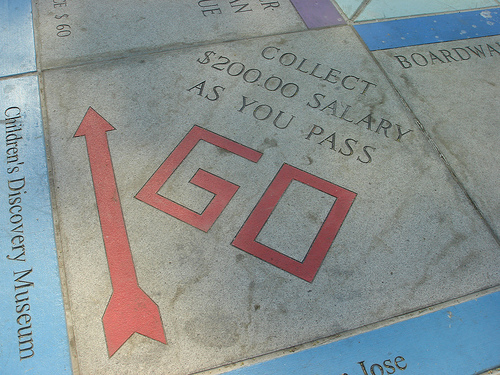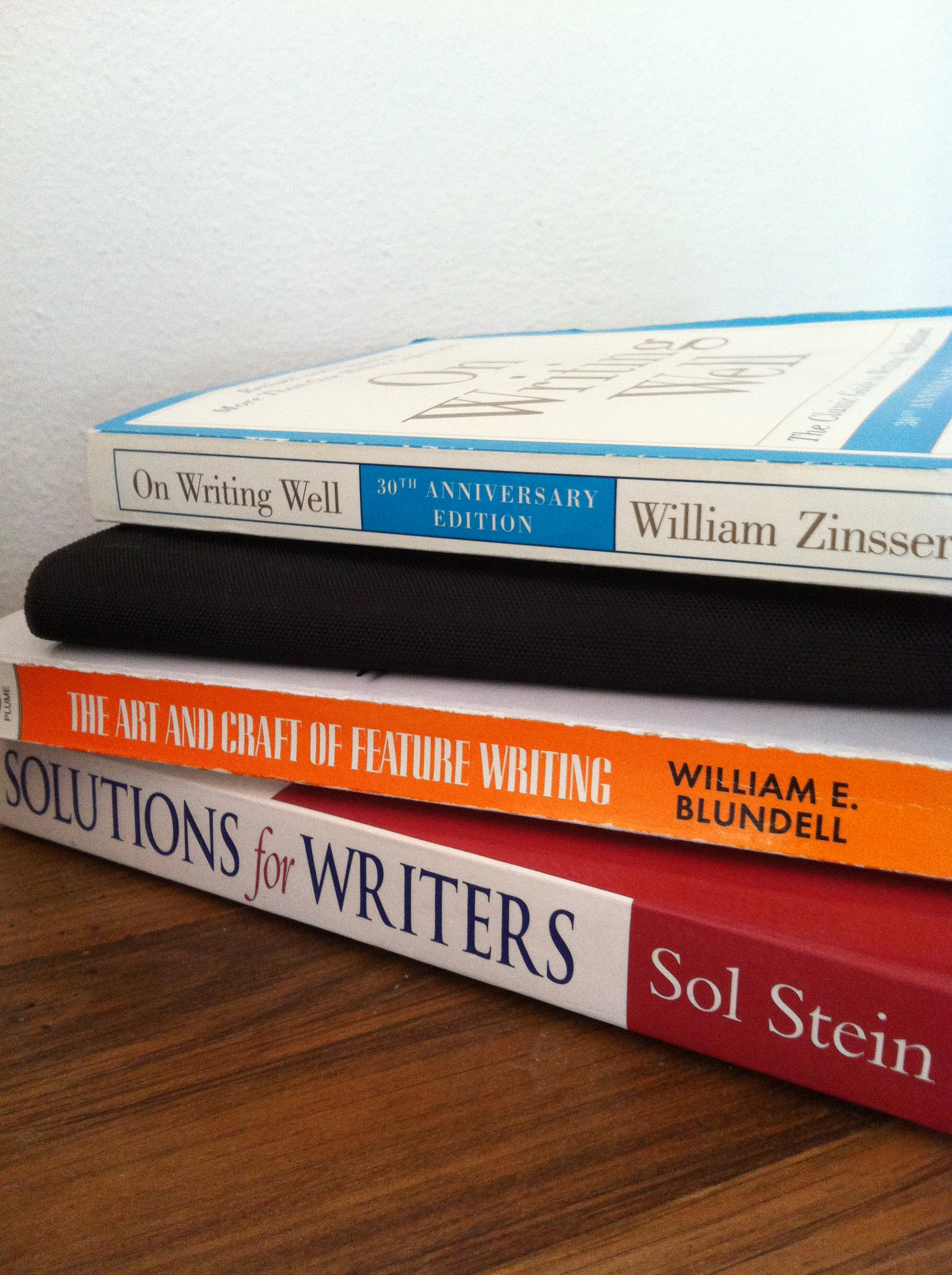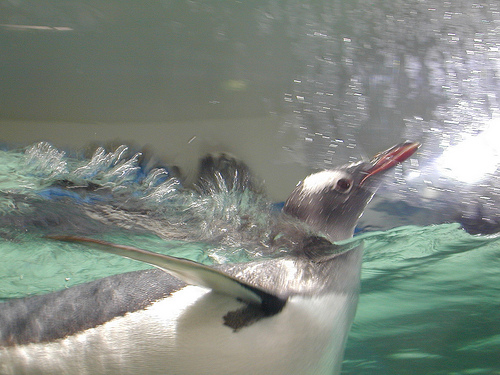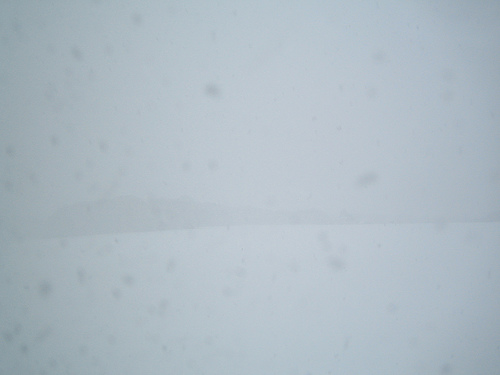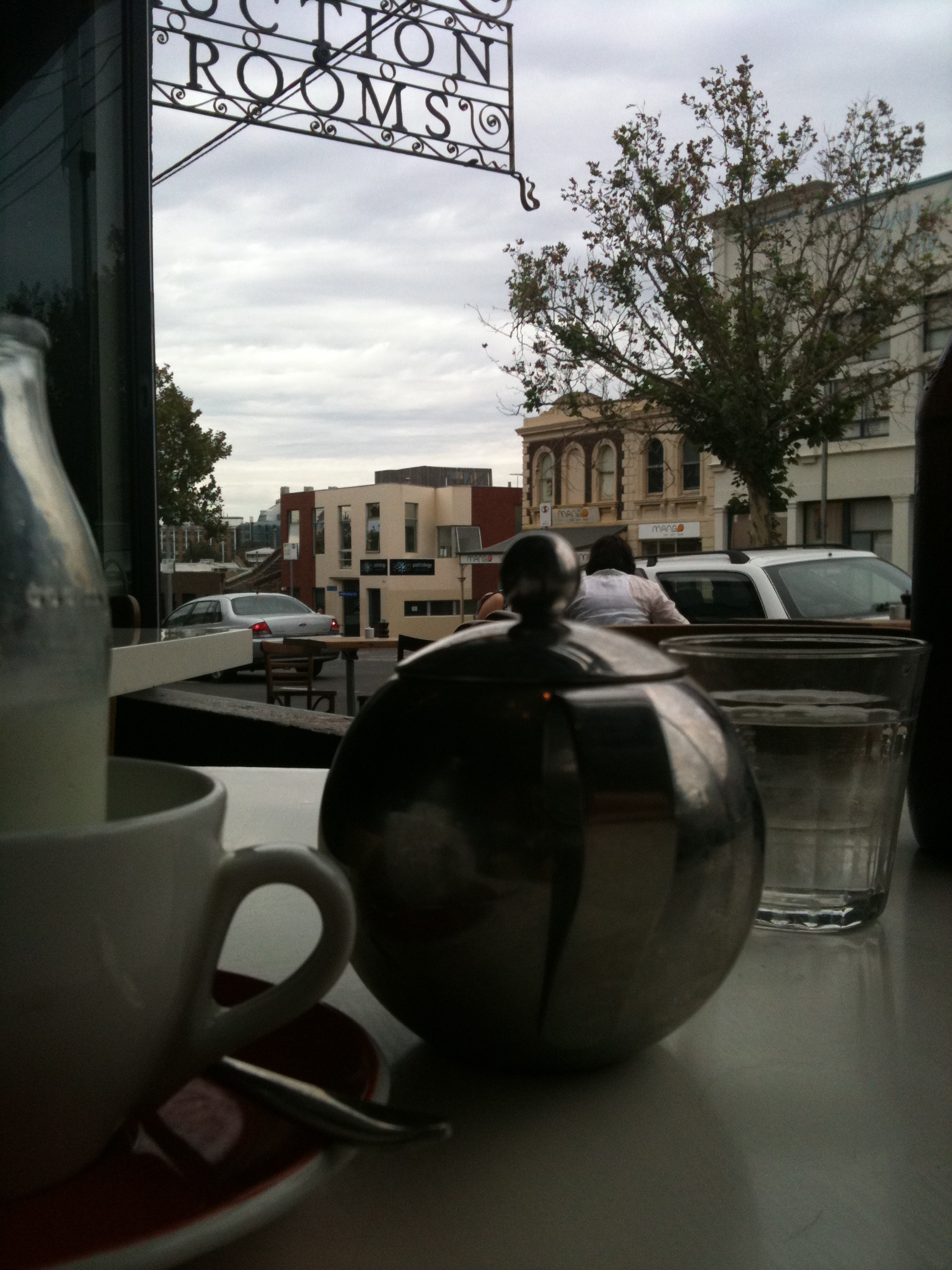I’m pining for an old phone with a handset - one that enables a suction-cupped ‘bug’ to be kissed to the receiver and has just one wire that goes to the recorder. My new-media set up of cords, adaptors, headphones, mobile phone and digital voice recorder is not working today. In fact it’s immersing us into a screeching phone-to-phone echo chamber. ‘ Oh the technology,’ I mutter bitterly. It’s hardly appropriate given that I’m interviewing Simon Groth, writer, editor, person interested in technology and Manager of one of our more techno-curious literary organisations, if:book. While I am lamenting new technology Groth is able to effectively harness it. Trying to recall the exact details of a salient quote, he pulls the information from Google instantly. (Three cheers for technology!) And then Groth reads the quote from Google CEO Eric Schmidt (paraphrased by MG Siegler), ‘Every two days we create as much information as we did from the dawn of civilization up until 2003.’ (Boo! Boo the technology!)
‘Creators of new work, [are] not just vying for attention with everybody else who’s creating new things, we’re vying for attention with the entirety of human history,’ says Groth. All of this data, ‘makes the future of books and all creative endeavours an incredibly noisy place.’ One of the biggest challenges for writers (and our readers) is how we navigate this.
Groth urges perspective in aspiring (and emerging) writers: don’t think too narrowly. ‘For a lot of people the medium itself plays such an important role. That’s most exemplified by the print book being a symbol of recognition,’ he says. But Groth encourages writers to be more open-minded about what constitutes success. ‘There are no rules to [the publishing] process, so whatever pathway you find, that’s your pathway. You’ve got to run with that. You have to recognise opportunities when they come because they’re not necessarily going to come in the form that you think.’
Writers tend to get attached to the idea of print because we’re yet to establish ‘any consensus or rules … of finding out what’s worthy, what gets passed down and what becomes part of the wider culture when it’s emerged from [a digital] environment,’ Groth says. We’re still using ‘old systems’: the book is a symbol of recognition because it’s understood that certain processes of approval are required before print. (For example a blog can be defined as successful because it’s made into a book). ‘In that process we’re conferring some kind of cultural importance to it,’ says Groth. It’s an interesting concept, and it makes the challenge of establishing a career in writing all the more daunting.
However Groth says becoming successful these days is, ‘just as mysterious as it always was. The more engaged you get with people in publishing (people who’ve come from the old models) [the more you understand] that no one really knew what would be successful. It was all based on instinct.’ Digital media may disrupt the playing field, but the notion of instinct still applies to the work of emerging writers. And for some of these writers, the digital environment may even be better.
‘The ability to connect and find an audience is one of the best aspects of emerging in a digital environment,’ Groth says. ‘In a traditional publishing environment there are geographic restrictions and there are also economies of scale… Neither of those necessarily apply now.’
‘There might be only a few hundred or a few thousand people who are really into the stuff that you’re writing, but writers can work with that. If that’s your audience you can create a really strong connection with that audience. You can make a success of that – previously it was completely impossible.’




